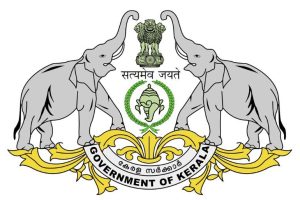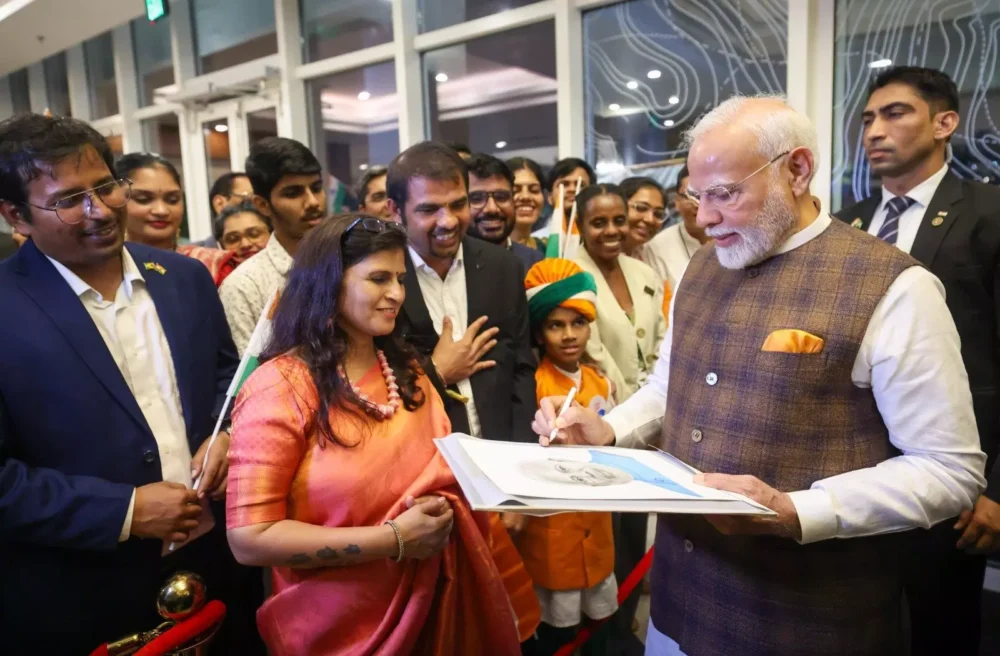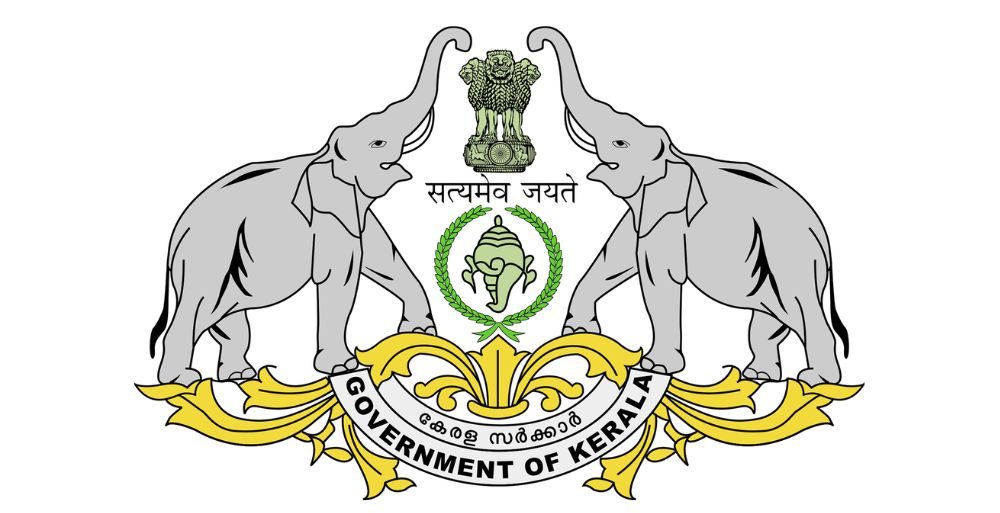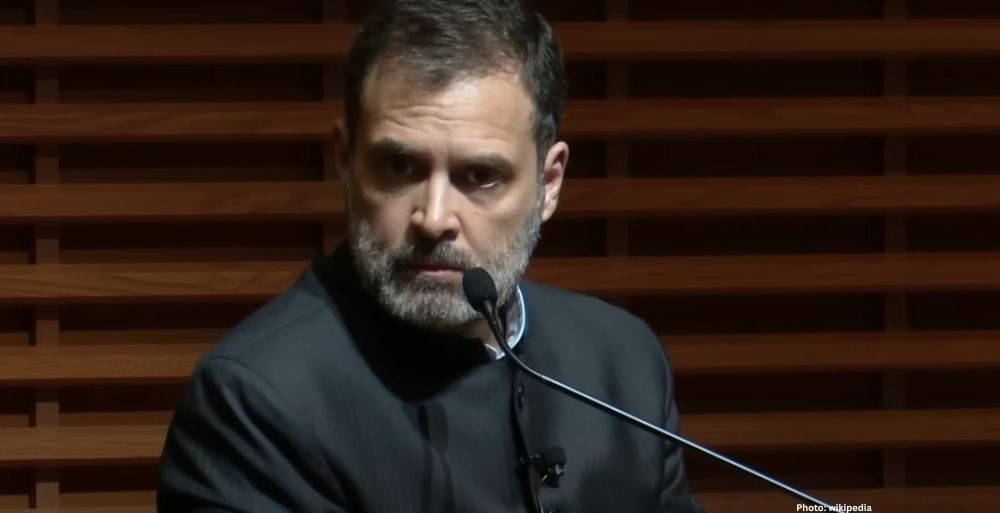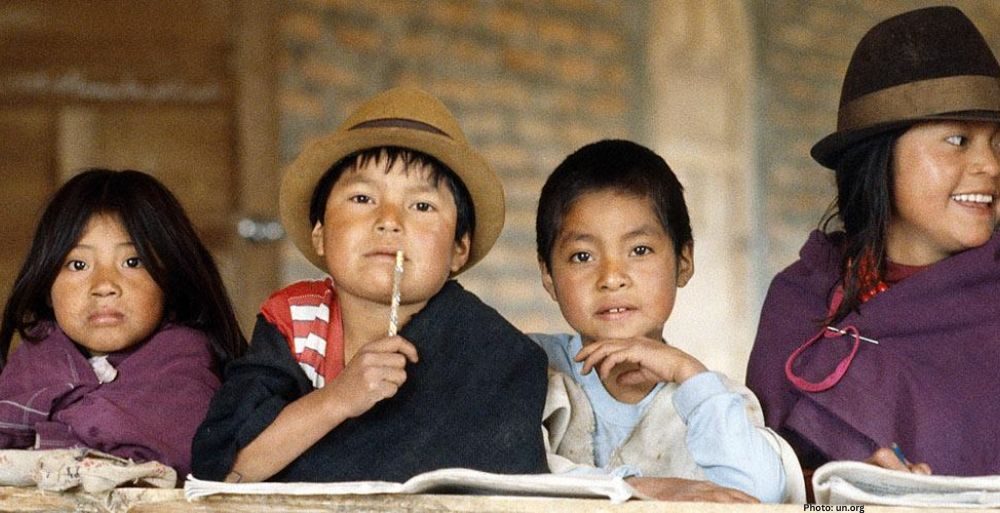The Indian diaspora, once seen as a model minority abroad for being law-abiding and well-integrated, is now facing a noticeable backlash and hostility in many Western countries. This change is driven by multiple factors, including shifts in the economic and geopolitical landscape, rising nationalism both within the diaspora and in host countries, and changing immigration patterns.
Why the Shift in Attitude Happened
For decades, Indians abroad were praised for their success, assimilation, and positive societal contributions. Recently, however, increased visibility, political assertiveness, and perceptions of taking away jobs have made the diaspora a target for resentment. Racial prejudices have been fueled by economic uncertainty, far-right movements, and high-profile coverage of aggressive or unassimilated behavior by segments of the diaspora. The success that was once celebrated now draws envy, as some locals view Indians as representing a rising world power and a competitive professional force. The diaspora’s association with divisive home politics, reluctance to fully integrate, and the creation of tight-knit ethnic enclaves have intensified negative perceptions.
Additionally, global shifts such as rising anti-immigrant sentiment, nationalist rhetoric, and socio-cultural anxieties in Western societies have made it easier for minorities, including Indians, to become scapegoats for broader frustrations. Campaigns of hate, stricter immigration laws, and publicized incidents of violence reflect how much the environment has changed in recent years.





